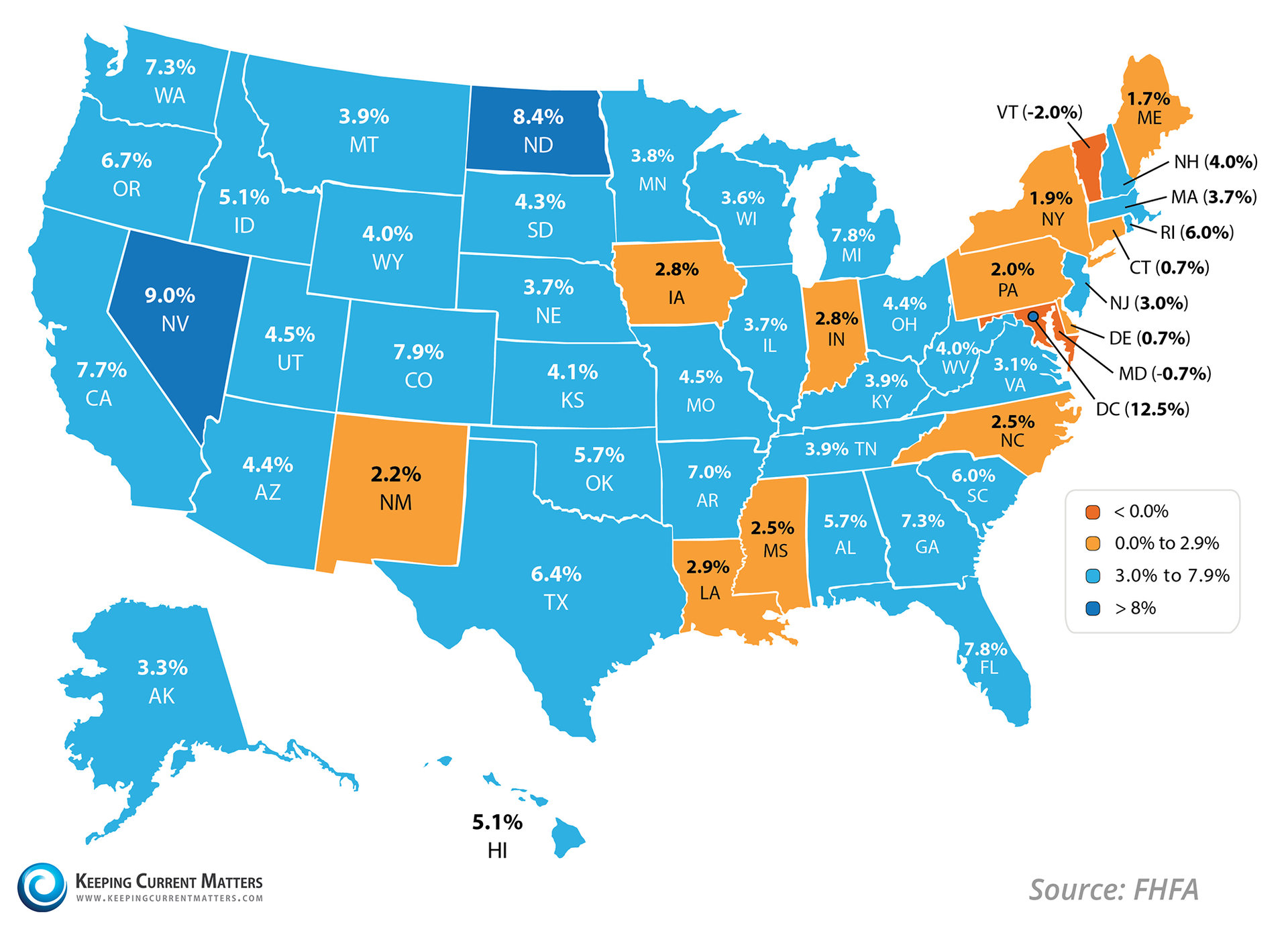As technology marches forward and the mantra of "there's an app for that" infiltrates more aspects of our lives, there are now headlines asking if agents can be replaced by algorithms. After 28 years in this business, I'd say for some agents, this is likely quite possible. Our industry has continued to do a terrible job of truly educating and training agents on what we need to know and how to present it. Information is all around us, as agents, home buyers and sellers. In the Seattle area it's estimated that 65%+ of licensed agents don't do this job as their full-time job. Nearly 80% of agents don't renew their license after two years. So when you see or hear that we have 5,000+ agents in our local marketplace, recognize that most of them aren't as informed as many home buyers and sellers. That doesn't mean you can't find the good ones; you just need to look and listen.
Enter the Algorithm or the industry outsiders trying to replace the agent and earn some of the money in a home sale. However, what makes anyone think these non-industry participants or computer applications can truly help a home owner or buyer? These apps and outsiders have worked their way into our data system and now only want to "sell" you back to the agent willing to pay the most to talk to you, regardless of their competence or benefit to you. It's only a newer version of ignorance.
Outsiders have been trying to capture revenue out of real estate sales for decades. To the outsiders it seems like a very simple business; someone wants to buy a home and someone wants to sell one. Match them up, make it happen and get paid. What all of these outsiders fail to recognize is the complexity of life issues involved in any given home sale. No two sales are ever truly the same because the life events of the participants are always different. Much, and in many cases most, of the work the agents do aren't truly related to finding or selling a house but in coordinating this process with the buyer or seller's life events and determining what our buyers and sellers truly want and need from us.
I now see a new app that purports to help buyers find the best home for them by helping them compare neighborhoods, schools, commute times or other variables that a buyer can input into the app. Welcome to step one in a normal conversation between a quality real estate agent and a normal home buyer. How can an app do this if you, the buyer, aren't actually familiar with your home search area? Yes, you can study on line school rankings, find crime statistics, determine your commuting tolerance, look for homes in your price range that meet your feature requirements and then go take a trip to some of those homes. Or, you can have a real conversation with a quality agent and discuss what you hope to find and listen for suggestions on various areas that may meet your needs without having to do all the work yourself. You will also then have someone to advise you on smaller nuance issues like sidewalks, stores that may interest you, parks, walk-ability, changing trends and future appreciation potentials. The point is you don't have to do all this work on your own and have no one to point out aspects of your search that you may not have considered. This is a huge financial undertaking; why would you not want to have someone to express your concerns to and with to be sure you're truly finding the right home for yourself and/or family?
So how do you find these quality agents? Sadly not with an app where agents, good or bad, can simply buy their way onto your computer or phone screen. Better options are to ask your friends and family for recommendations. Have a conversation with one or some of these people. Visit open houses in an area you think you might be interested in and see if you find any agents who have real data and information they will share with you. Ask these agents for additional references and see if you can find someone who is willing to teach you how real estate works. This is much less stressful and will save you more time than trying to learn an industry that has many more nuances and variables than it appears from the outside. You need a good advisor, not a better app to navigate the challenges of our market.
 Facebook
Facebook
 X
X
 Pinterest
Pinterest
 Copy Link
Copy Link





 A recent Demand Institute
A recent Demand Institute 